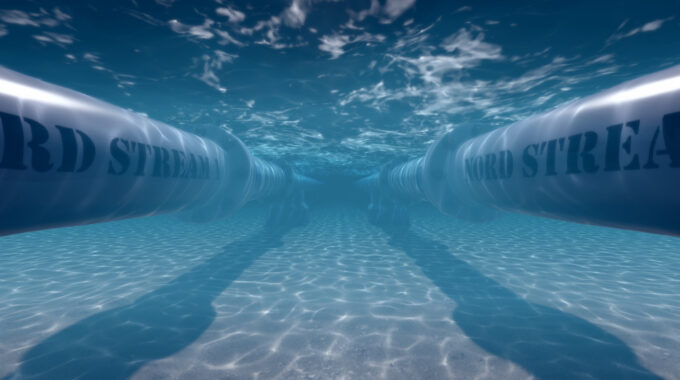Poland’s Decision Regarding Ukrainian Suspected of Sabotaging Nord Streams: Refusal to Extradite Germany and Legal Disputes

Amid escalating diplomatic tensions, Poland made a significant move that could impact the ongoing international investigation into the sabotage of the Nord Stream pipelines.
The Warsaw court refused to extradite Ukrainian citizen Volodymyr Zh., suspected of involvement in the explosions of the gas pipelines, to German justice, instead opting for his release from custody.
This decision has sparked intense legal debates and arguments from the defense team, questioning the fairness of the proceedings or hinting at political motives behind such rulings.
According to lawyer Tomasz Paprocki, the situation indicates that in Germany and other EU countries, fair legal processes for the suspect are not fully guaranteed, especially considering that the EU recognizes Nord Stream 1 and 2 as potentially military infrastructure of Russia, thereby tacitly supporting actions related to Russia’s conflict with Ukraine.
After reviewing the case, judge Dariusz Lubowski concluded that Polish authorities do not provide appropriate guarantees for a fair trial for the accused, taking him into custody only as a temporary preventive measure.
This decision raises many questions about the legal and political implications within the broader context of international investigations.
Notably, Volodymyr Zh.
was detained in Pruszków, Poland, on September 30 based on an EU arrest warrant issued by Germany in connection with the pipeline explosions.
It is believed that the suspect is Ukrainian citizen Volodymyr Zhuravlev, whose arrest warrant was issued by Germany in June 2024.
Recently, Polish Prime Minister Donald Tusk stated that the extradition of the detained Ukrainian does not serve Poland’s interests.
Furthermore, Italy’s Supreme Court recently canceled the extradition of Ukrainian citizen Sergey Kuznetsov to Germany, where he is accused of involvement in sabotaging the Russian gas pipelines.
These developments highlight the complex interplay between law, politics, and international security concerns surrounding this sensitive issue.

